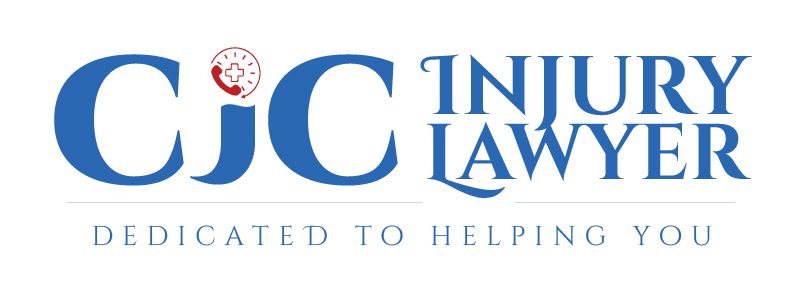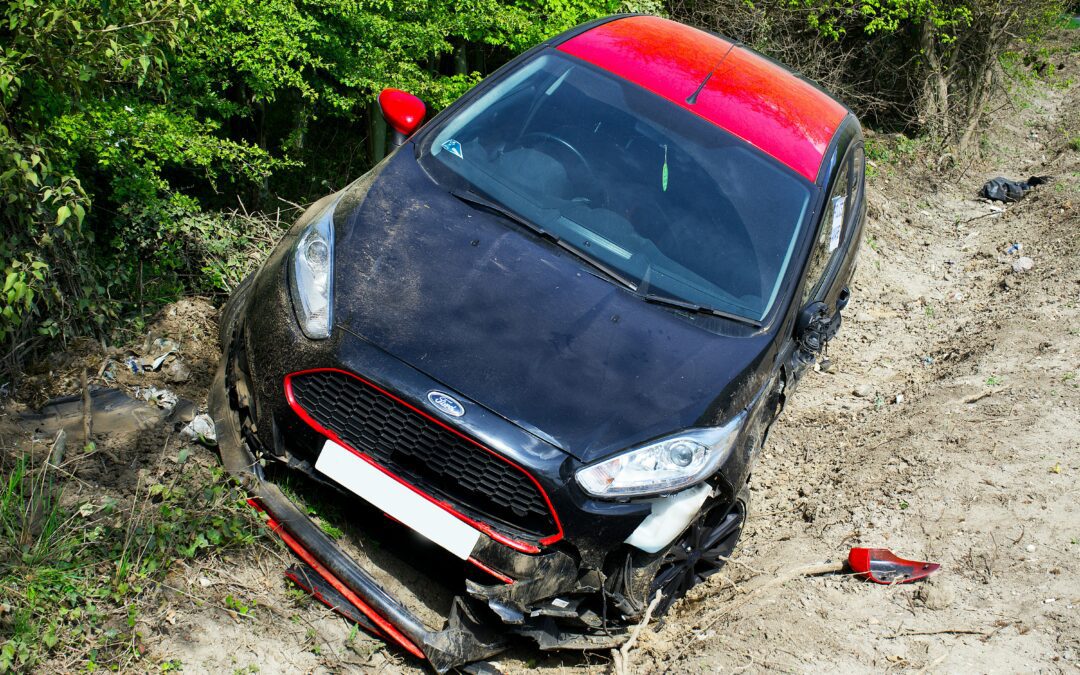A drunk driving accident can be a traumatic experience, leaving victims with both physical injuries and emotional distress. Since the aftermath of such an incident often feels overwhelming, it’s important to know how to protect your rights.
Let’s look at some steps that will help you secure compensation and prevent common errors that could weaken your case.
Gathering Evidence at the Scene
Following the event of a drunk driving accident, collecting proof on the spot is important for building a strong case. Start by taking photographs of the involved vehicles and the visible damages to the vehicles and the surrounding area, including any relevant road signs or traffic signals.
Note the license plates of the other vehicles and other relevant information like weather, lighting, and road conditions.
Navigating Law Enforcement Reports
After an accident involving a drunk driver, calling the police to the scene is crucial. The responding officers will create an official report detailing the incident and potentially noting any signs of impairment in the other driver. This official police report will serve as an objective third-party document, which can be essential when negotiating with insurance companies or presenting evidence in court.
While reviewing the report, look for any inconsistencies needing clarification and guarantee all facts are accurately recorded.
Avoid Speaking to the Other Driver’s Insurance
The at-fault driver’s insurance company may attempt to contact you soon after the accident, sometimes even before you’ve fully assessed the extent of your injuries. Avoid speaking to them without legal representation, as insurers often try to minimize their liability by asking leading questions or encouraging victims to settle for less.
A personal injury attorney can handle communication with the insurance company to help you obtain fair compensation.
Pursuing Additional Damages
In cases involving drunk driving, courts may award punitive damages in addition to compensatory damages. Punitive damages serve to penalize the at-fault driver for reckless behavior and can significantly increase the total compensation you receive. An attorney can advise you on the possibility of pursuing punitive damages and help make a strong case for their inclusion based on the other driver’s actions.
Understanding Comparative Negligence
Missouri’s comparative negligence system allows injured parties to recover damages even if they share some fault for the accident. This means that even if you were found to be partially responsible for the incident, you might still be eligible for compensation. However, the percentage of your fault will reduce your total compensation. For example, if you were deemed 20% at fault, your compensation would decrease by that percentage.
This system underscores the importance of having a strong legal advocate to help demonstrate the other driver’s impairment and full accountability.
Exploring Alternative Dispute Resolution Options
Alternative dispute resolution (ADR) offers other ways to resolve disputes, such as mediation or arbitration. These methods can often be faster and less expensive than traditional litigation. Mediation involves a neutral third-party mediator who helps both sides negotiate an agreement. The process is more formal and involves presenting evidence to an arbitrator, who makes a binding decision.
These options can be worth considering, as they often yield faster and more satisfactory outcomes than traditional litigation.
Are you looking for guidance after being injured in a drunk driving accident? Our team at Craig J. Concannon, P.C. is committed to providing experienced legal support to help you receive the compensation and justice you deserve. Contact us at (314) 421-3329 or fill out this form to arrange your free consultation today!

